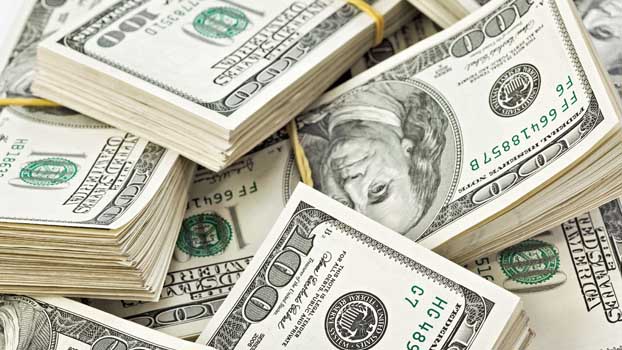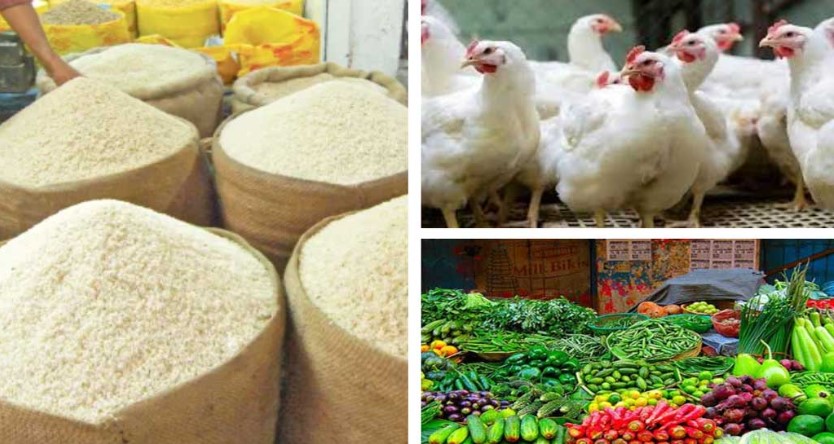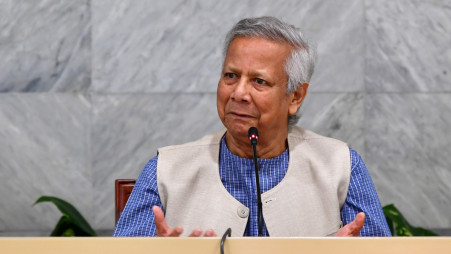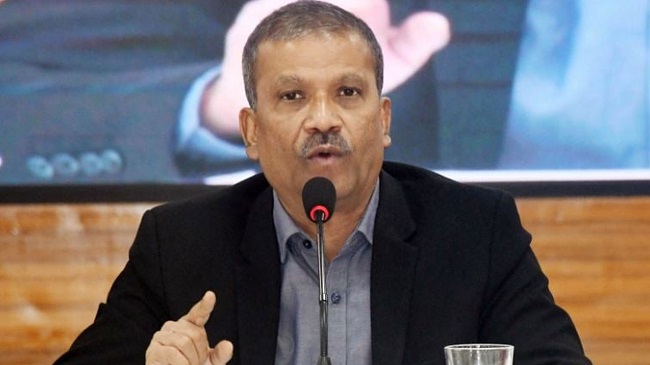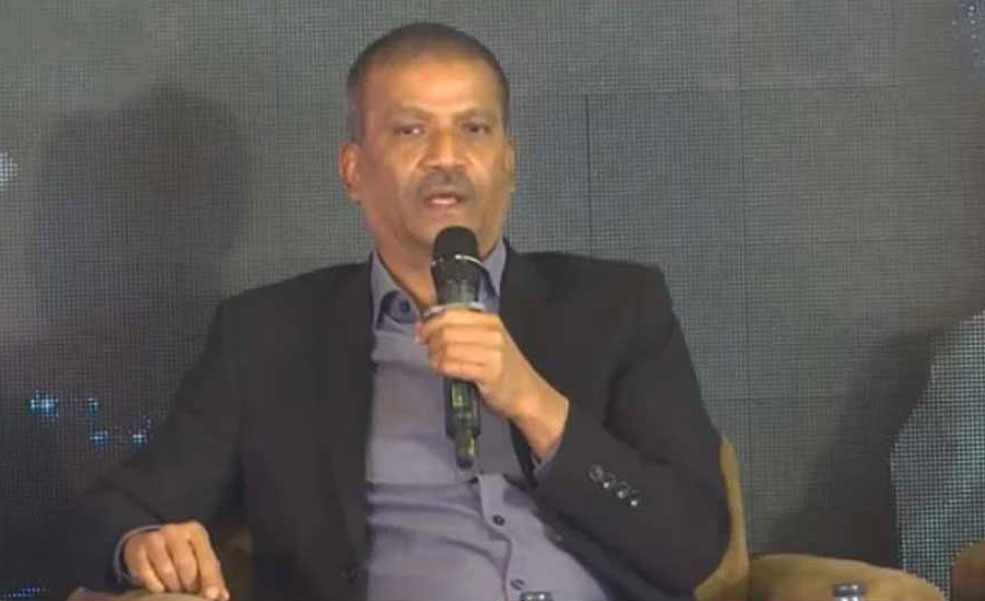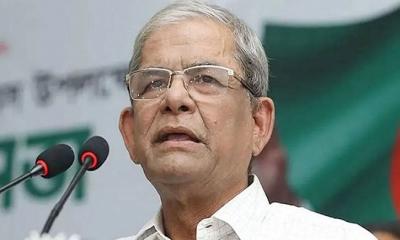The country's foreign exchange reserves have rapidly escalated by $28 billion or about three times during the past decade to stand at almost $38.50 billion for the first time despite a global economic recession.
Market analysts said the government has taken time befitting initiatives to maintain healthy reserves.
The reserves are adequate to cover about eight months’ import payment for the country of 160 million people, an economist said.
The country's foreign exchange reserves rose to almost $38.50 billion on Thursday to touch a life-time high despite the critical time the world is passing because of Covid-19 aggression.
Within three months, the reserves increased by $5.25 billion, the forex reserves crossed $34 billion, $35 billion, $36 billion, $37 billion and $38 billion-mark for the first time respectively following lower import payment pressure and steady growth of remittance inflow during the crisis, according to data provided by Bangladesh Bank (BB).
The previous highest reserves amounting to $33.68 billion was recorded on September 5, 2017.
Adel Haque, a former BB joint director, told Bangladesh Post that if the country has strong foreign exchange reserves, it will be more capable of paying import bills, which will ultimately help raise its rating.
Factors such as lower import payment, strong remittance inflow, foreign loan and aid have contributed to pushing up foreign currency reserves in recent months, experts and bankers have opined.
Expatriates sent a record high remittance of $2.60 billion from different foreign countries in July.
This is the highest monthly remittance received in the country’s history helping to push foreign currency reserves to $37.287 billion.
The country's remittance inflow witnessed a record high, reaching $18.20 billion in last fiscal 2019-20 despite a global economic recession amid the Covid-19 crisis – a 10.85 percent up from the preceding year.
An official of Bangladesh Bank (BB) mentioned timely initiatives were taken by the government at various times which apparently resulted in an increased awareness among expatriate workers to send their hard-earned money through legal channels, pushing up the remittance inflow.
Besides, the higher growth of remittance inflow is attributed to a budget declaration of 2 percent incentive to remitters on inward remittance for the last fiscal year.
On the other hand, another BB senior official said higher gold prices in the global market as well as lower import bills have helped increase the country's forex reserves recently.
He said foreign exchange market had faced a huge demand in the last several years for greenbacks because of higher payment for imported items, including capital machinery, fuel oils and food grains.
As part of its move, the central bank sold US dollars directly to the commercial banks to meet higher import payments putting foreign exchange reserves under pressure.
Otherwise, the reserves would have risen further in recent months, he added.
For utilizing reserves, the government has decided to use foreign exchange reserves for rapid implementation of productive projects to accelerate development work and recover from said Covid-19-induced economic losses, said a finance ministry official, wishing not to be named.
He said the government wants to take forex reserves as long-term loans to reduce foreign loans.
Loans taken to implement such projects can be repaid with the revenue collected from them following the execution, he added.
If the projects cannot make profits at the expected level, the government will allocate funds in the budget to repay loans taken for that specific project, he mentioned.
The finance ministry has asked the central bank to prepare a guideline in this regard outlining the ways the government can take out loans from the forex reserves, he informed.
The forex reserves was $10.36 billion in the FY 2011-12, $15.31 billion in the FY 2012-13, $21.55 billion in the FY 2013-14, $25.02 billion in the FY 2014-15, $30.16 billion in the FY 2015-16, $33.49 in the FY 2016-17, $32.94 billion in the FY 2017-18, $32.71 billion in the FY 2018-19, $35.85 billion in the FY 2019-20 and $38.48 billion till August 26 in the FY 2020-21.
Former World Bank lead economist Dr Zahid Hussain told Bangladesh Post, “Cash incentive to remitters has helped boost inward remittance, which has helped to increase the forex reserves.”
He said the foreign reserves can be used in different development projects like the Padma Bridge project.
Even if the project does not turn profitable on the basis of toll collection, this will be beneficial for the national economy, he added.
“Now the power and energy sector has been scoped to get good returns. The government still needs to provide subsidies in this sector to get return in the future,” he mentioned.
Hussain said, “We need skilled officials to opera


